Health Benefits Of Capers: 13 Reasons To Add These Tangy Buds
The antioxidant and mineral-rich wonder plant can work wonders for your overall health.
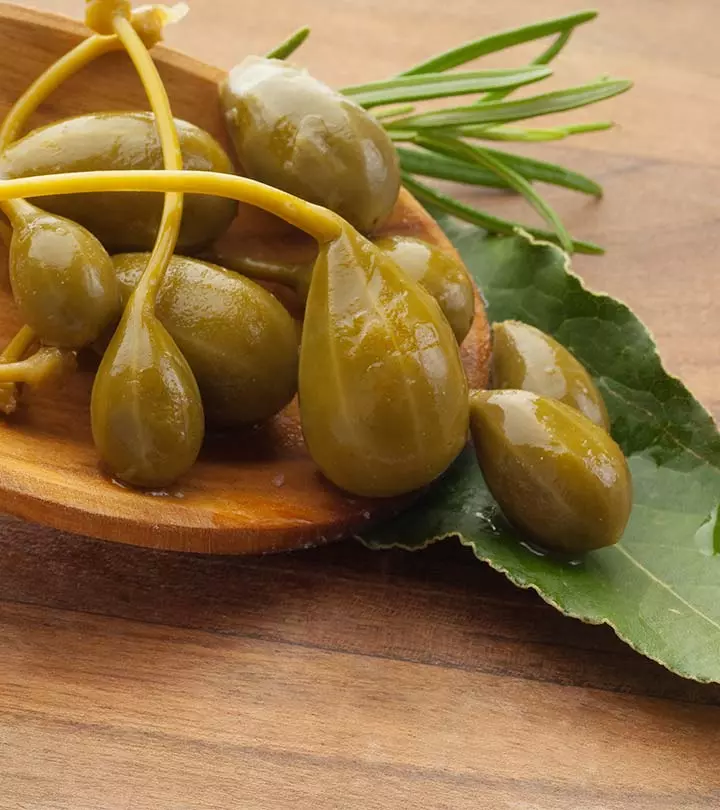
Image: shutter stock
If you are wondering about the benefits of capers, we have got it all covered in this article! There are many exotic fruits that not only add that unique flavor to your dishes but also help you boost your overall health as well! Capers are tangy, spicy, and exotic fruits that can benefit you in more ways than one!
Capers are commonly found and used in Mediterranean cuisines. They have a zesty, lemony taste combined with the slight bitterness of olive. Read on to learn more about how these tiny exotic fruits can be beneficial for you. Scroll down!
 Know Your Ingredient: Capers
Know Your Ingredient: CapersWhat Is It?
The flower buds of Capparis spinosa, a perennial plant commonly grown in Spain, Greece, and Italy.
What Are Its Benefits?
Aids weight loss, regulates blood sugar levels, soothes the skin, and stimulates hair growth.
Who Can Use It?
All except people with high blood pressure as it contains high levels of sodium.
How Often?
Can be consumed in moderation as a seasoning or garnish.
Caution
Avoid consuming it in case you are allergic to it.
In This Article
What Are Capers?
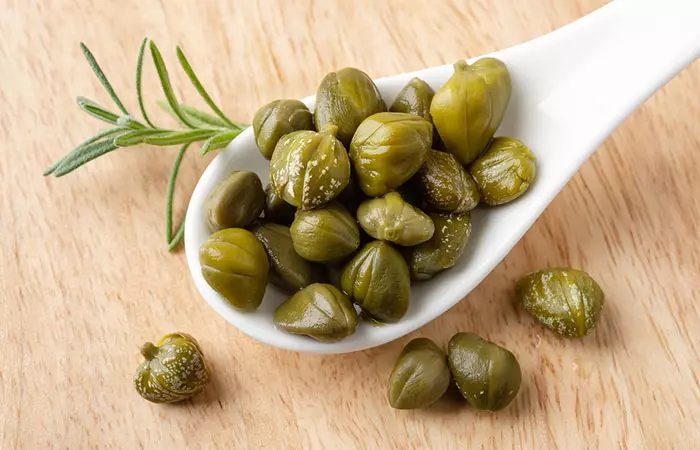
- Capers are the unripe flower buds of Capparis spinosa. They are also called Flinders rose. Capers are perennial winter deciduous plants which are native to the Mediterranean and some parts of Asia and South Africa (1).
- These are an integral ingredient in Mediterranean cuisines.
- After these pea sized buds are cultivated, they are dried in the sun and used in pickles due to their tangy lemony flavor. Ancient history says capers were used in Sumerian food.
- Capers range in size from that of a peppercorn or nonpareil up to the size of a small green olive.
- Larger capers are stronger in flavor but if you want to enjoy their aroma, go for the tiny ones.
- Caper buds are picked by hand. They not only add some vibrant flavor to your meals, but they are also known for their immense health benefits.
- One tablespoon capers contain just two calories. Hence, capers can be a good option if you are following a low calorie diet. Apart from being low in calories, they also contain antioxidants, phytonutrients, and vitamins essential for optimum health.
 Trivia
TriviaKey Takeaways
- Antioxidants in capers can prevent cell damage and improve blood circulation.
- Capers are fibrous and reduce constipation.
- Capers are effective in reducing blood sugar levels.
- The high sodium content in capers can decrease bone density and increase blood pressure.
Capers Nutritional Value
A hundred grams of capers contains 5 g carbohydrate, 0.4 g sugar, 3 g dietary fiber, 0.9 g fat, 2 g protein, 4 mg vitamin C, 138 IU vitamin A, 24.6 mg vitamin K, 0.88mg vitamin E, 0.652 mg niacin, 0.139 mg riboflavin,1.7 mg iron, 2960 mg sodium, 40 mg potassium, and 96 KJ energy.
Health Benefits Of Capers

1. Antioxidant Powers
Capers are rich in flavonoid compounds, including rutin and quercetin. Both these compounds are potent sources of antioxidants. Antioxidants are known to neutralize free radicals by donating some of their own electrons, thus switching off free radicals and preventing them from damaging our cells.
- Rutin helps in smooth circulation of blood, and it can be very helpful in treating strained blood vessels.
- Recent research reveals quercetin has analgesici A property or substance that reduces pain perception without rendering a person unconsciousness. , anti- inflammatory, antibacterial and anti-carcinogenici A property or a substance that counteracts the effects of cancer-causing agents and helps reduce cancer risk. properties (2).
2. Mineral Mine
Capers contain minerals like iron, calcium, copper and high levels of sodium (3).
- Calcium helps in building strong bones, and teeth.
- Copper combines with certain proteins to produce enzymes that act as catalysts to help a number of body functions.
- Iron helps our muscles to store and use oxygen. It is a part of many enzymes that help our body to digest food.
3. Vitamin Vitality
These tasty herbs are storehouses of vitamins, such as vitamin A, Vitamin C, vitamin K, niacin, and riboflavin (4).
- Vitamin A improves eyesight and helps us see in the dark. It may also reduce the risk of certain cancers. This essential vitamin helps our body fight infection and strengthens the immune system.
- Vitamin K plays a vital role in bone health. It lowers the risk of blood clotting.
- Vitamin C is an antioxidant that helps regenerate other antioxidants in the body. To stay informed, you may read more about Vitamin C benefits.
- Niacin protects against cardiovascular diseases, lowers cholesterol, and supports cognitive functions as well as the nervous and digestive systems.
- Riboflavin, also called vitamin B2, helps the body to convert food into fuel that keeps us energetic. It is also known to support adrenal function. Thus, it helps to maintain a healthy nervous system.
4. Fiber Fueled
Capers are potent sources of fiber (5). Fiber reduces constipation. A tablespoon of capers contains 0.3 grams of fiber, about 3 percent of your minimum recommended daily fiber intake.
5. Bad Enzyme Buster
People who include fat and red meat in their daily diet should eat capers since they destroy certain by-products found in meat and foods that are rich in fat.
These by-products are often responsible for cancer and cardiovascular disease.
6. May Aid Weight Loss
A 100-gram portion of capers has only 23 calories along with 83.8 g of water and 3.2 g of fiber (6). This increase in water and fiber intake through a low-calorie food may help in weight loss (7), (8). However, there is no scientific evidence that directly links caper consumption with weight loss.
But, if you are trying to reduce your calorie intake to lose weight, you may use capers in your healthy weight-loss recipes. They also have a tangy flavor, making them a great addition to salads without the need for high-calorie dressings or sauces that may lead to weight gain.
Medicinal Uses of Capers
7. Rheumatism Relief
Capers have been used as a treatment for rheumatic pain (9) in ancient Greece.
8. Relieves Flatulence
Caper relieve stomach ache and flatulence (10). In addition, these spicy buds are eaten for improving appetite.
9. Diabetes Buster
Capers help to keep diabetes in check. Capers contain chemicals that keep blood sugar stable. Avoid consuming high quantities of capers if you are already using diabetes medicine as both tend to lower blood sugar (11).
10. Congestion Relief
These are also known to prevent chest congestion and may reduce the buildup of phlegm (12).
Skin Benefits Of Capers

11. Dry Skin Relief
Capers are good for dry skin (13). They can be used directly on the skin to keep it moisturized.
12. Skin Aid
They are also used to treat skin redness, irritation, and pimples. Hence, capers are used in skin care products (14). In addition, capers help to slow down the aging process due to its antioxidant properties.
Hair Benefits Of Capers
13. Promote Hair Growth
Capers are widely used in hair care products too since it is rich in vitamin B and iron. Both are known for promoting hair growth. Vitamin B helps blood circulation in our body. Thus, it sustains the overall health of hair since blood circulation is a primary condition for healthy and shiny hair. Iron helps to prevent hair loss.
Side Effects Of Capers

- If you are on a low sodium diet, you should avoid capers since they are a rich source of sodium.
- People with kidney issues should consult their doctor before including capers in their diet, as they are high in sodium.
- A common sign of eating excess capers is extreme thirst. So, try to consume them in moderate amounts.
- Capers retain water naturally since they contain a high amount of sodium. This water retention can make you feel bloated. Hence, be careful about eating an excessive amount of capers.
- If you have high blood pressure, avoid consuming capers. Excess sodium increases blood volume since it retains water. Excess sodium intake could put the body at risk for heart disease and may not be good for heart health.
- Another side effect of eating too much of capers is the risk of developing osteoporosis. Sodium decreases your bone density, which causes them to lose strength. It also prevents your body from absorbing calcium, which is crucial for building and retaining bone health. The weak bone condition often leads to osteoporosis. And if you already have osteoporosis, better stay away from capers.
- According to the Naturals Medicines Comprehensive Database, eating a small amount of capers (1 tablespoon in a meal) is likely safe during pregancy. Avoid them if you are undergoing any surgery (15).
Cooking Tips
Capers are also used as seasoning to add flavor in a variety of sauces, including remoulade or tartare. They are great when cooked with cheese. Knowing the amazing health benefits, you can add them as a replacement for salt while cooking salmon, chicken, turkey, red meat, vegetables, and salads. Their tender shoots are also used in different dishes.
They can also be used to improve taste without adding calories to marinades, sauces, and dips. For instance, capers can be added as a garnish to fish dishes or mixed into a zesty vinaigrette for added flavor. Continue reading to explore some delicious recipes using capers!
 Quick Tip
Quick TipRecipes Using Capers
Capers add an umami essence to dishes that you do not want to miss out on. It is the perfect note of tangy and salty, that will have you reaching out for seconds! Here are some recipes that you can try yourself.
1. Lemon Caper Chicken

Ingredients
- 2 skinless chicken breasts
- 2 tbsp olive oil
- 2 tbsp butter
- 3 tbsp capers, drained
- ½ cup chicken broth
- ¼ cup fresh lemon juice
- 1 tsp garlic, minced
- ½ tsp black pepper
- ½ tsp salt
- 2 tbsp fresh parsley, chopped
How To Make
- Season the chicken breasts with salt and pepper.
- Heat olive oil in a pan over medium heat. Add the chicken and cook for 5-6 minutes per side until golden brown and cooked through. Remove from the pan and set aside.
- In the same pan, melt butter and add garlic. Sauté for 1 minute until fragrant.
- Add chicken broth, lemon juice, and capers. Stir and let it simmer for 3-4 minutes.
- Return the chicken to the pan, spooning the sauce over it. Simmer for another 2-3 minutes.
- Garnish with fresh parsley, lemon slices, and greens to serve.
2. Caper And Olive Pasta

Ingredients
- 250g spaghetti or linguine
- 3 tbsp olive oil
- 2 tbsp butter
- 4 tbsp capers, drained
- ½ cup black olives, sliced
- 2 garlic cloves, minced
- ½ tsp red pepper flakes (optional)
- ½ tsp black pepper
- ½ tsp salt
- ¼ cup fresh parsley, chopped
- Juice of 1 lemon
- Grated Parmesan cheese (optional)
How To Make
- Cook pasta according to package instructions. Drain, rinse in cold water, and set aside.
- In a pan, heat olive oil and butter over medium heat. Add garlic and red pepper flakes, sauté for 1 minute.
- Add capers and olives, stirring for another 2 minutes.
- Toss in the cooked pasta, add lemon juice, salt, and black pepper. Stir well to combine.
- Remove from heat, sprinkle with fresh parsley and Parmesan cheese if desired. Serve warm.
How To Buy Capers?
When it comes to capers, the dark green ones in smaller sizes are the best. Peppercorn-sized capers from southern France are considered the finest capers in the world.
Storage Tips
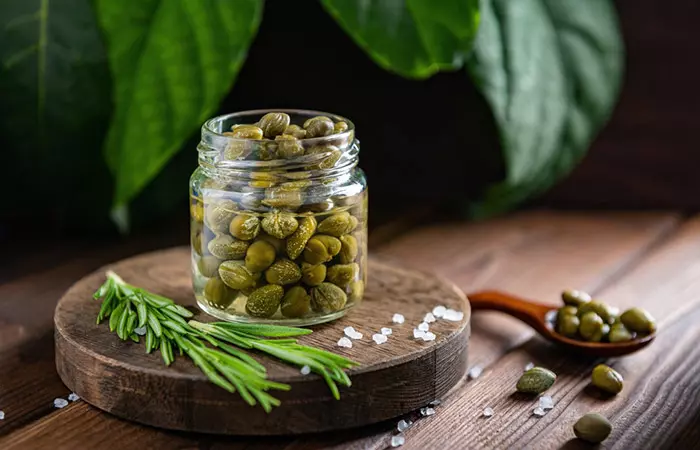
Capers are usually sold in brine. Store them in the fridge. You must ensure that they stay dipped in brine so that they do not get dry.
Infographic: Top 6 Reasons To Have Capers
Capers are packed with antioxidants, vitamins, and minerals. Their rich nutritional profile offers various health advantages. Whether it???s keeping your skin glowing, stimulating hair growth, boosting digestion, or helping with weight loss, capers can do it all! Learn more from the infographic below about the important reasons you should store capers in your pantry.
Some thing wrong with infographic shortcode. please verify shortcode syntaxThe benefits of capers are many. These exotic fruits are known for their exotic flavor and tanginess. Capers can reduce cancer risk and promote eye, bone, brain, and digestive health. They also ease constipation because of their fiber content. They aid in the treatment of rheumatismi A condition where the immune system attacks healthy body tissue, causing swelling and pain in the joints. , diabetes, and congestion as well. However, excess consumption may trigger unusual thirst and increase the risk of osteoporosis and high blood pressure. Hence, moderate consumption is advised.
Frequently Asked Questions
Are capers good for the liver?
Yes, capers are good for the liver. They slow down lipid accumulation and significantly reduce the risk of fatty liver.
Can you eat capers raw?
No, capers cannot be consumed raw. They have a bitter taste that can be intolerable.
Should capers be rinsed?
Although it is not necessary to rinse capers before consuming them, the excessive salt on them may not be tolerable for some people. Hence, rinsing them before consumption is generally recommended.
Are capers good for arthritis?
Yes, capers are good for arthritis. They exhibit anti-inflammatory properties that help manage arthritis-related symptoms.
Illustration: Amazing Benefits Of Capers For Skin, Hair, And Health
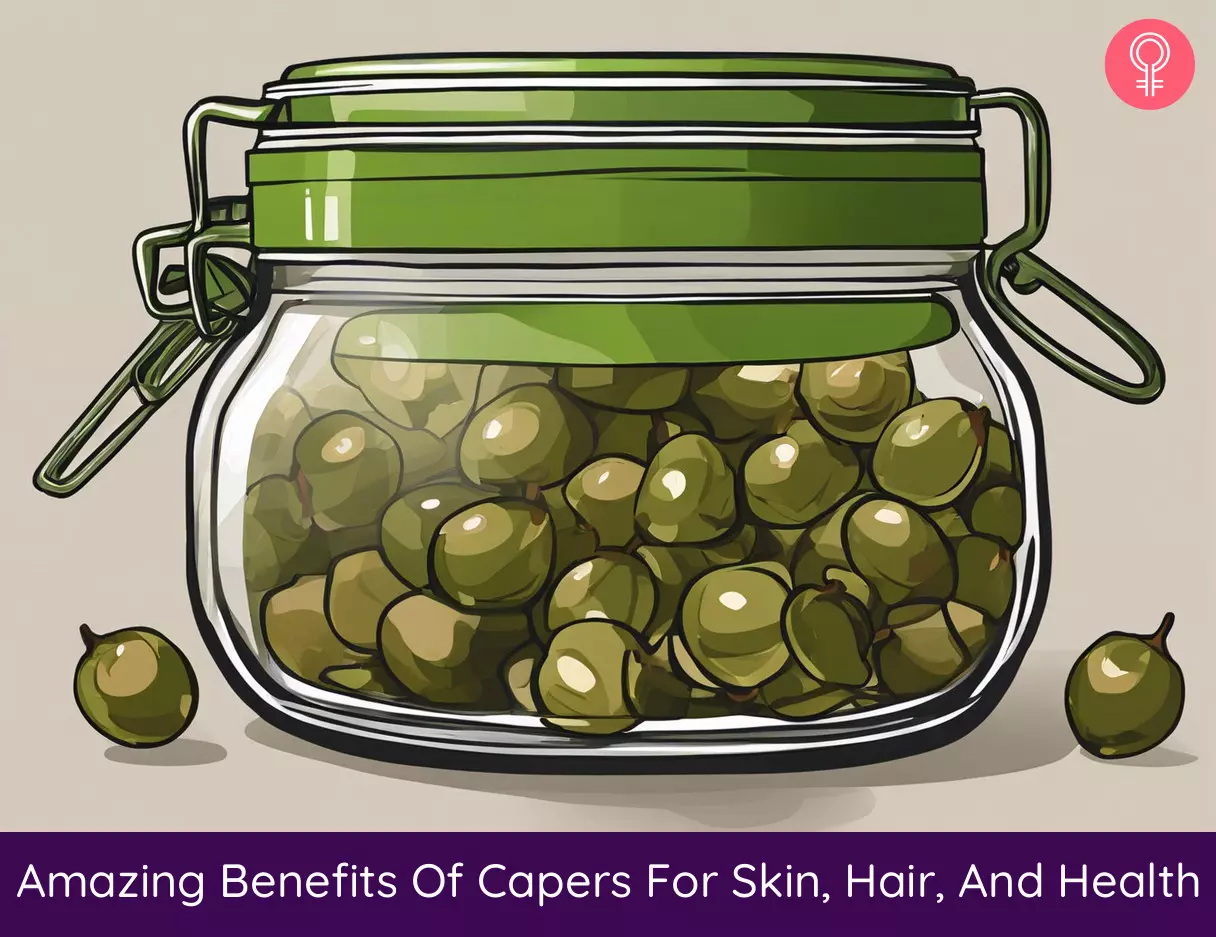
Image: Stable Diffusion/StyleCraze Design Team
Capers are a delicious and nutritious addition to any meal. Learn about their health benefits, best prep hacks, and how to incorporate them into your cooking from the video below. Check it out now!
Read full bio of Yvonne O’ Halloran
Read full bio of Tanya Choudhary
Read full bio of Ravi Teja Tadimalla
Read full bio of Moksha Gandhi





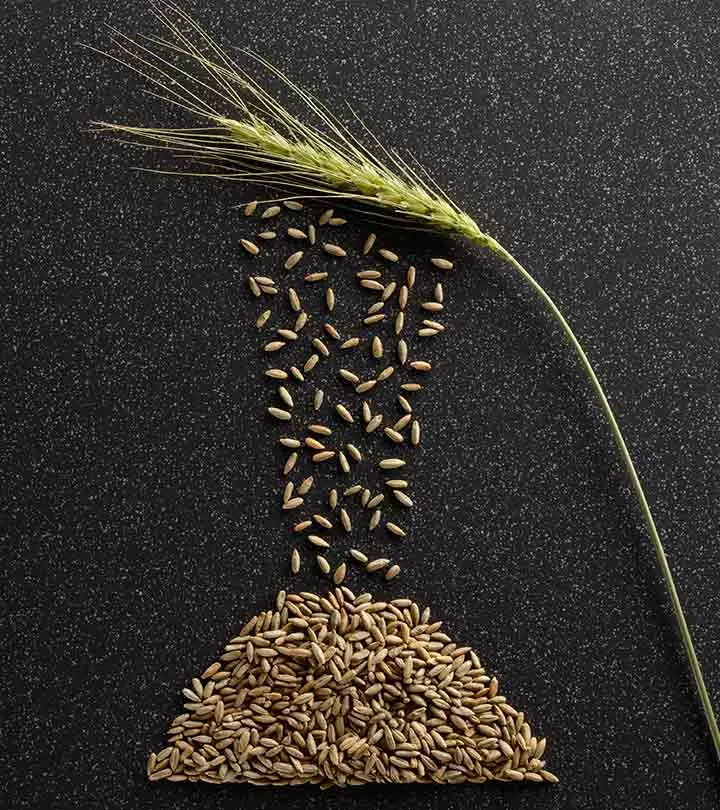


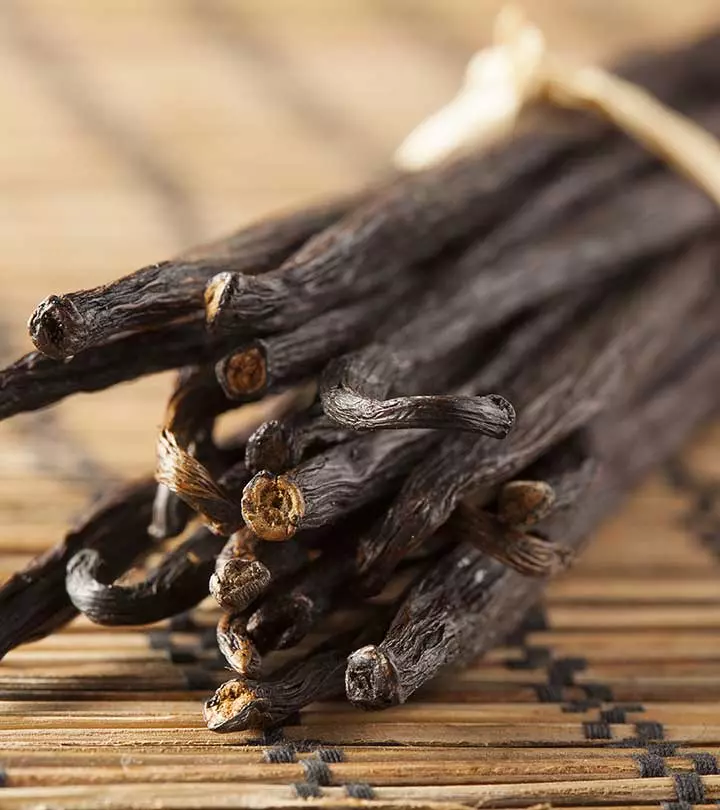

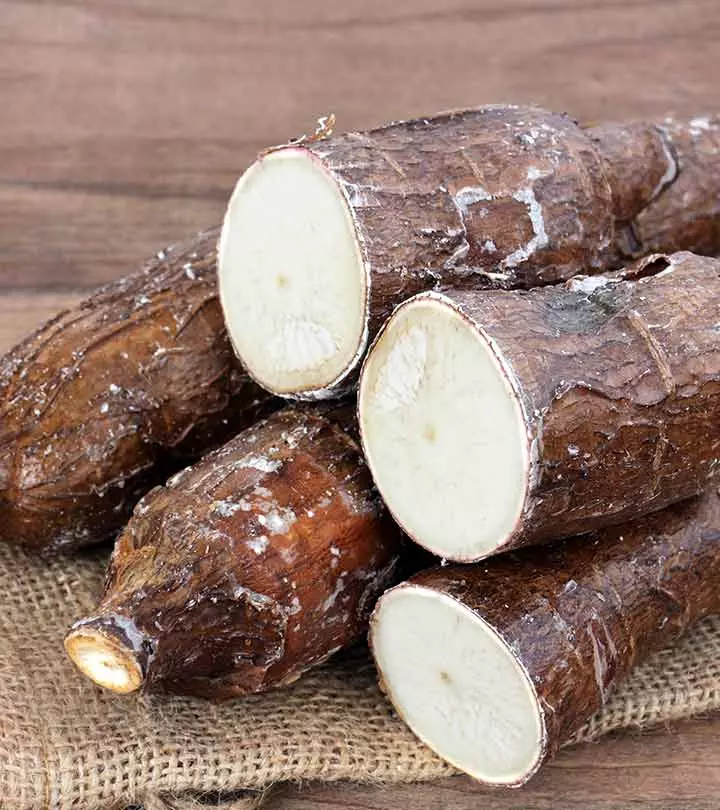



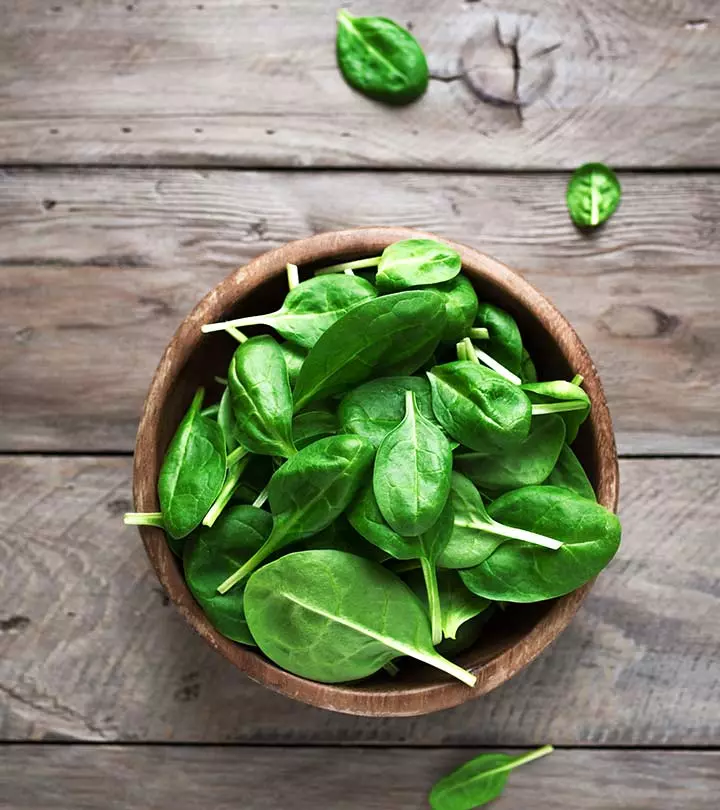


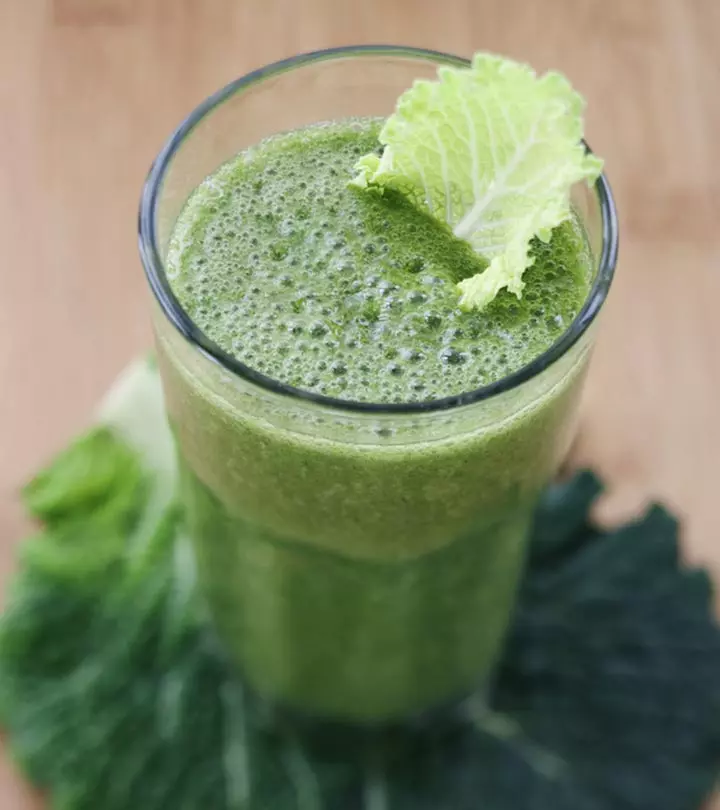
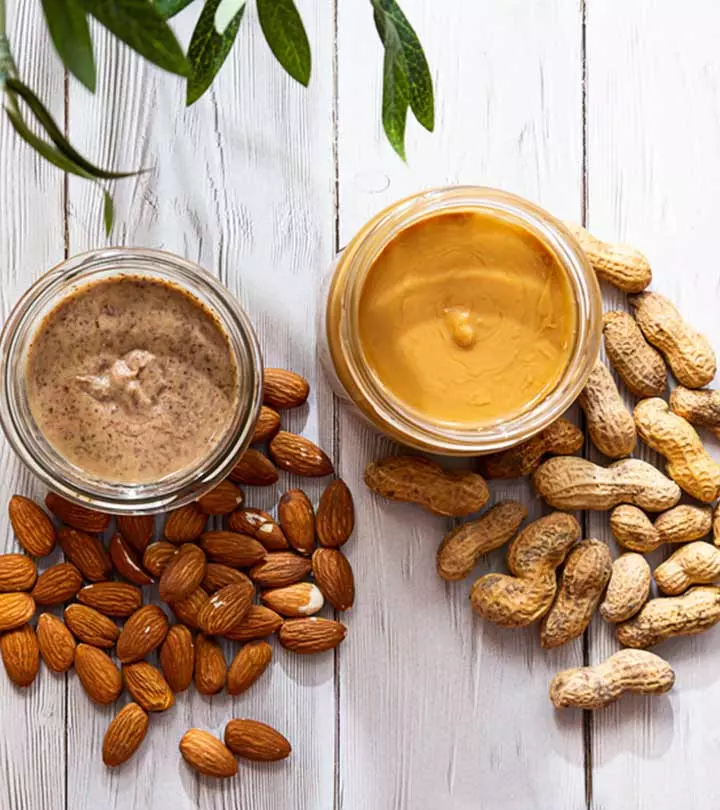
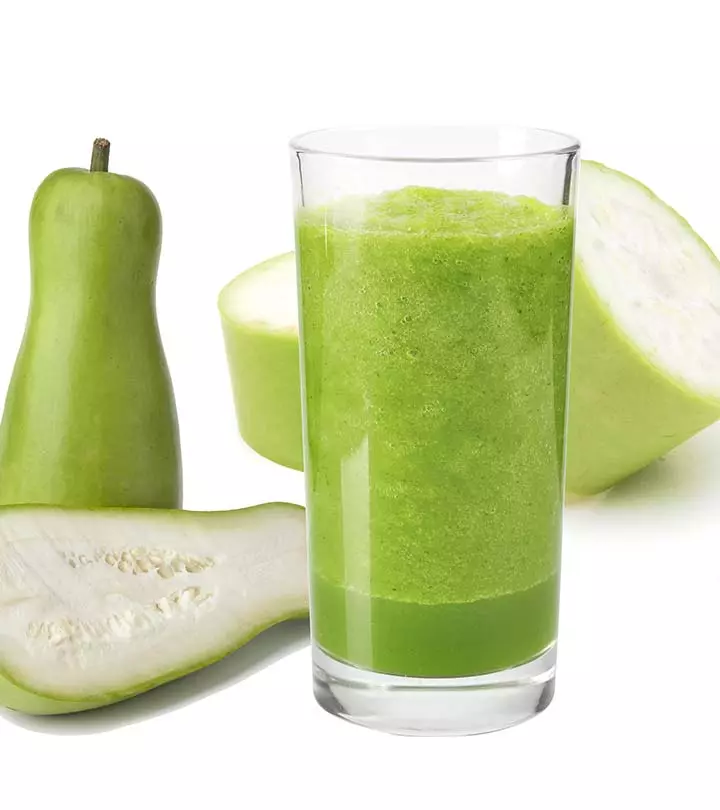



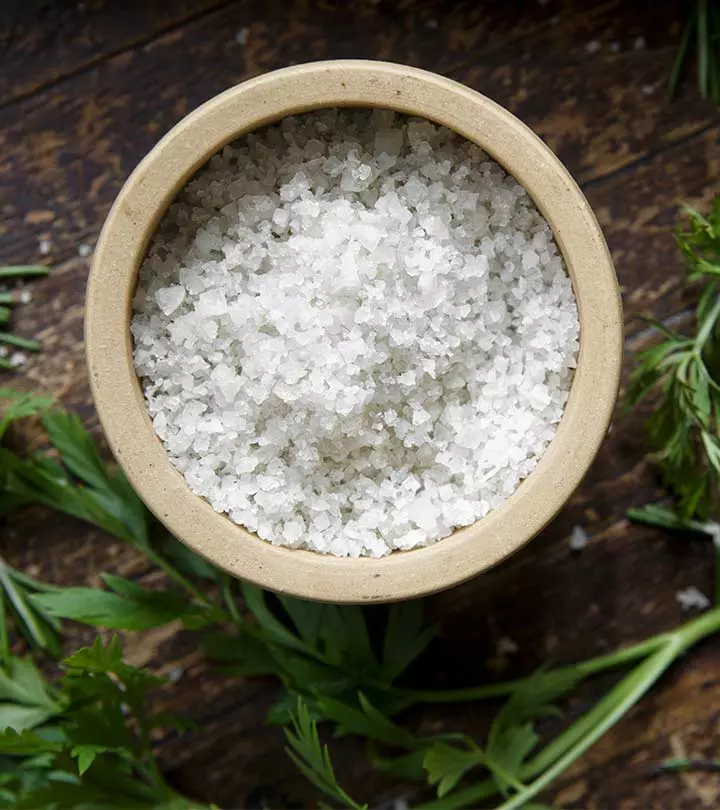

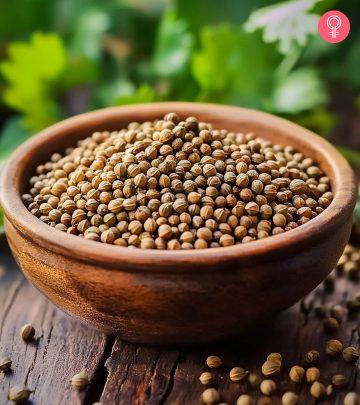
Community Experiences
Join the conversation and become a part of our empowering community! Share your stories, experiences, and insights to connect with other beauty, lifestyle, and health enthusiasts.